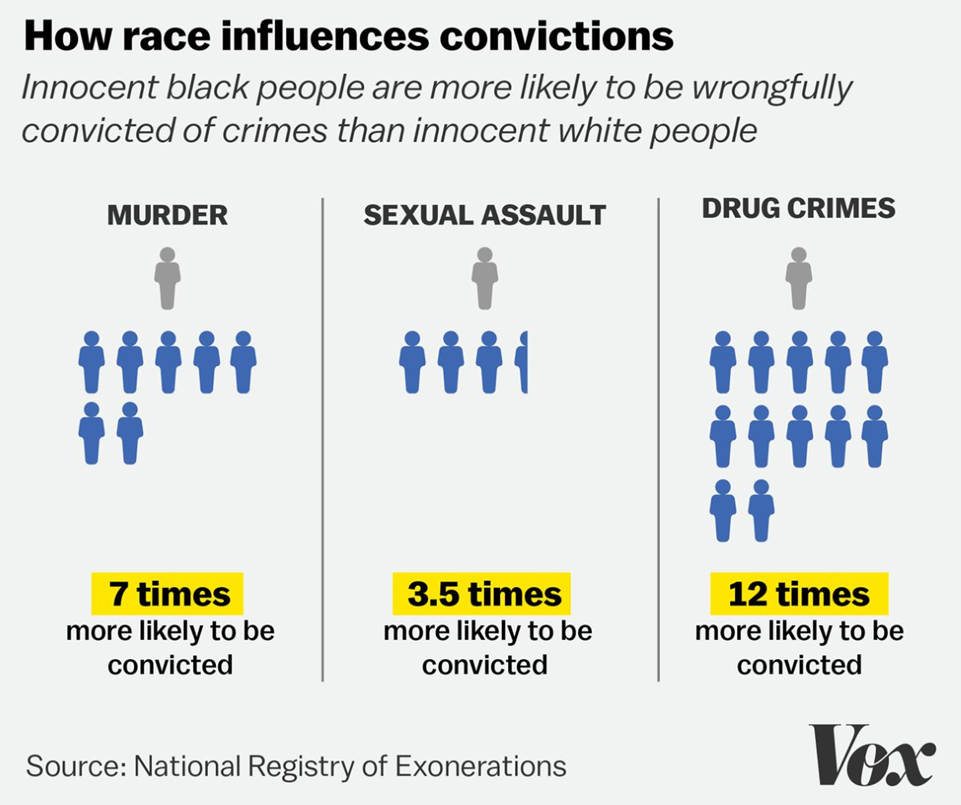There has never been a more critical time for Blacks to vote than the 2020 election. Our decision to vote, or not to vote, could have far-reaching impacts on our communities that will last for decades. Voting in the 2020 election could literally mean life for death or death for some people depending on where you live.
In the early 1900s Black people migrated north for a better life. Called the Great Migration, many blacks worked as sharecroppers and could neither buy land nor afford much because the laws and practices in the Deep South prevented them from a better lifestyle. Most Blacks in 1910 could not advance beyond a 9th grade education. If you wanted a better life for your family, you had to do something drastic. Today people would never consider moving their entire family for better opportunity, but in the early 1900s that is exactly what blacks did.
Blacks moved entire generations of families from Alabama, Mississippi, and Georgia to the north for a better life and equal opportunity. Blacks found jobs and were able to move from the cotton fields to the factories as they found new and better ways to support their dreams. They also found less resistance to being black. It was still a problem, but it was more manageable.
Today Blacks face another crossroad. Depending on where you live, you face segregated housing, low job opportunity, increased profiling by the police, and a higher prosecution rate by the legal system. Voting may not completely solve these problems, but it could have a major impact on the policies of the people who are elected at the state, county, and local level.
In 2016 Donald Trump won the presidency. That voting result has led to him appointing over 158 federal judges and 2 supreme court judges. These appointments, republican in nature, will offer conservative decisions when it comes to prosecuting crimes that involve blacks. When you hear about the same crime being committed by people of different cultural backgrounds, but with different outcomes, it stems from the court being influenced by the judge’s own prejudices.
Voting in the 2020 election can mean the difference between life and death for some. The Breonna Taylor case is just one example of how voting has impacted this case. As of this publication date, Breonna Taylor’s killers have still not been brought to justice. Republican Attorney General Daniel Cameron has avoided any prosecution of the police officers that killer Taylor.
The decision to elect Cameron means that Blacks in the state of Kentucky now must consider if they will get a fair trial, justice, or even fairness when it comes to the justice system. Blacks can no longer think that their single vote will not impact the outcome of an election.
In 2020 the election goes beyond the justice system. The Pandemic has created another major voting concern for people of color. Housing, funding, employment, and population are all increasing concerns for how we live and vote.

Black people are literally dying because they live in areas where housing practices were either restricted or politically manufactured to create dwelling ghettos. These ghettos are perfect conditions for contracting and spreading COVID-19. If you live in a city where the population is large and condensed, then your chances are higher of becoming infected.
Housing choices and job choices all stem from voting and where you live. Blacks must become more aware of the long-term effect of who we elect and how they will govern us as citizens. The time might be right for Blacks to consider moving in mass quantities to find better lives and justice.
Blacks are now considering moving back to the South where there is more space, seemingly better opportunity, and a better life. Ohio, Michigan, and New York have all had population reductions in the last 20 years due to people wanting a better and healthier lifestyle.
The reversal “began as a trickle in the 1970s, increased in the 1990s, and turned into a virtual evacuation from many northern areas in the first decade of the 2000s,” says William Frey, a Brookings Institution demographer who has laid out the reversal in painstaking detail in his new book Diversity Explosion: How New Racial Demographics Are Remaking America. The movement, he writes, is driven largely by younger, college-educated African Americans, as well as baby boomers, like Sharpe Haywood who are nearing retirement.
“When you leave metropolitan cities like New York, you want to come down to some bedroom community where you don’t have to worry about much,” she says. For Sharpe Haywood and her family, Palm Coast’s biggest selling point is something that is not there: segregation, formal or informal, among any of its neighborhoods. “You’re free to live where you can afford to live,” she says.
In the early 1900s Blacks moved for more financial opportunity. Today blacks need to consider moving to locations that offer more equality in the legal justice system. For instance, Madison Wisconsin might seem like a nice place to live. But Dane County has one of the highest prosecution rates of minorities per capita, that most US counties. For a Black person, the choice to move to Dane County could mean certain prosecution if they enter the justice system.
Blacks need to do their homework before they decide to relocate or remain in the city where they live. The 2020 Census determines where funding will go for the next 10 years. While completing the census is patriotic, Blacks need to become more diligent and discriminating with their federal dollars. Just like a school-age student picking a charter school, Blacks need to pick cities to live in that will yield the best outcome for them.
Voting has never been more important for Blacks. The 2020 election could determine if the people you love get fairness and equality or injustice and biased prosecution. So, when you go to the booth, vote for your candidate, but vote and make your voice heard.


